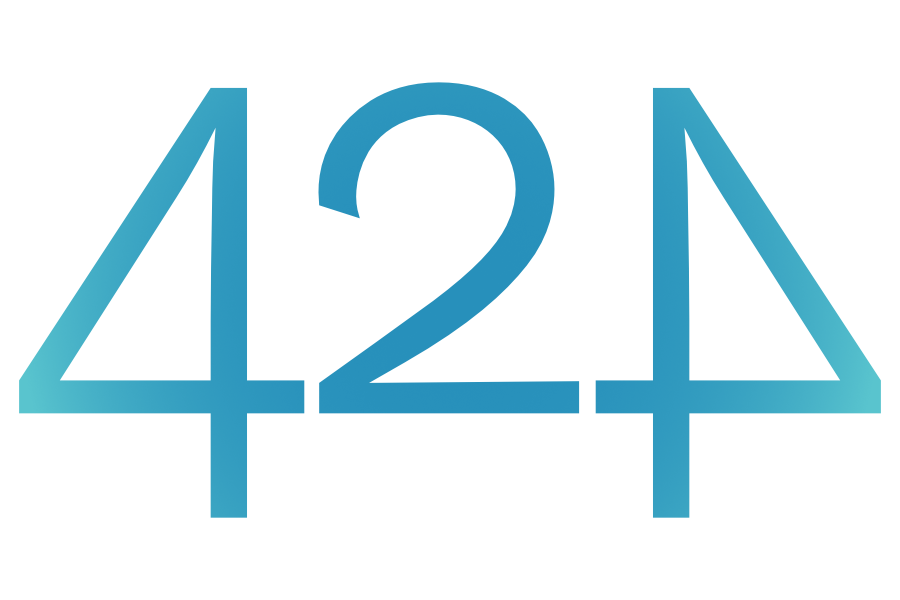Stephen Fry on Christopher Hitchen's love of the craft of argument:
With a deep understanding that the connection between style and substance is absolute; that a true thing badly expressed is no more than a lie.
I have two things in common with Christopher Hitchens: a great passion for well crafted discourse and we had both been diagnosed with cancer at about the same time. I took comfort in reading Hitchens so well articulate an experience similar to my own:
To the dumb question “Why me?” the cosmos barely bothers to return the reply: Why not?
While I would never claim to have anywhere near the intellect and wit of Hitchens, few could, today I learned, sadly, that I've faired much better than he with cancer.
Christopher Hitchens died today at 62 and with that passing we've lost one of the great defenders of humanism of this or any generation. We've also lost a craftsman of the highest order.
I'm a designer. I solve problems or, more accurately, I craft solutions. Simpler still, I argue. Design is argument. At its simplest, a house is an argument against homelessness. A logo is an argument for disambiguity and recognition. A well planned neighbourhood is an argument against traffic congestion, alienation and sprawl.
Reading Hitchens, or listening to him, is a master class in crafting an argument, in concision, efficiency and clarity. Hitchens hones every sentence; his arguments are exquisitely designed tools as beautiful to behold as any well crafted chef's knife or carefully appointed garden.
The field of design, so easily swayed by fashion and ideogical tribalism, is sorely in need of the kind of carefully reasoned discourse that Hitchens was so passionate about. The kind of robust and human rationalism that Hitchens employed should be the first tool we reach for as designers so that we may find deeper solutions for our troubled times.
Beware the irrational, however seductive. Shun the 'transcendent' and all who invite you to subordinate or annihilate yourself. Distrust compassion; prefer dignity for yourself and others. Don't be afraid to be thought arrogant or selfish. Picture all experts as if they were mammals. Never be a spectator of unfairness or stupidity. Seek out argument and disputation for their own sake; the grave will supply plenty of time for silence. Suspect your own motives, and all excuses.
Hitch.On location.


